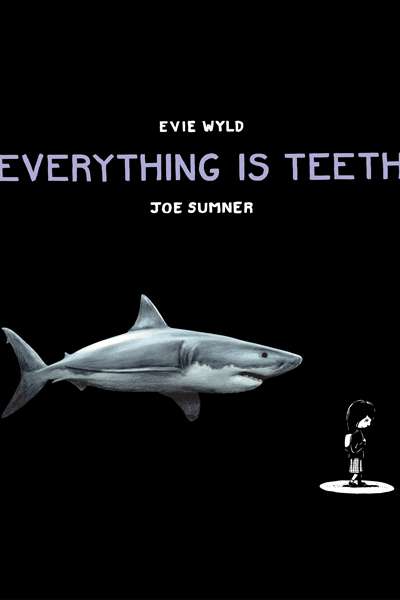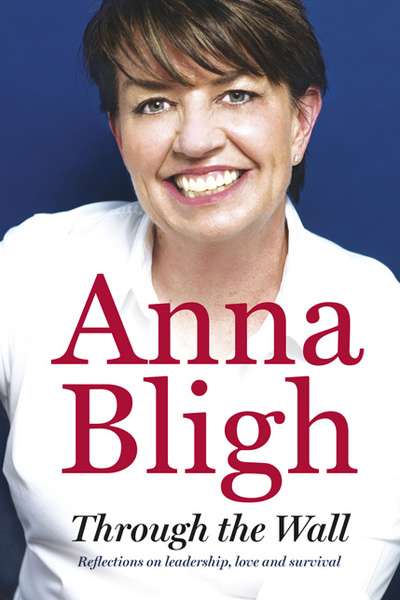Memoir
Orry George Kelly – the Oscar-winning costume designer professionally known as Orry-Kelly – was one of the many Australians who have made it big in Hollywood. He is lucky enough to have been rediscovered by one of our major filmmakers, Gillian Armstrong. Kelly's name and story are now well known, thanks to Armstrong's recent documentary, and so is the brilliant ...
Eat first, talk later: a memoir of food, family and home by Beth Yahp
Beth Yahp's beautifully crafted memoir of her ancestors, her parents, and herself is shaped around journeys criss-crossing the Malay Peninsula where her Siamese-speaking Eurasian mother and her Hakka Chinese father met and married in 1961. A photograph seems to have triggered the project – perhaps the lovely sepia cover shot of her parents on their honeymoon, sitt ...
Tim Winton's island home seethes and rings, whispers and beckons with sheer life. It tantalises through shreds of memories and phantom histories turned to stone or engraved in ocean-scored rocks and remote caves. Like William Blake's 'green and pleasant land', it is compromised but offers 'a World in a grain of sand / And a Heaven in a wild flower'. His isle, like P ...
Twenty-five years ago, Drusilla Modjeska's Poppy reimagined boldly the possibilities for Australian memoir. Modjeska recounts in her new memoir, Second Half First, how in her inaugural appearance at a writers' festival she was on a panel discussing autobiography with two established British writers, Victoria Glendinning and Andrew Motion. Poppy ...
Something for the Pain: A memoir of the turf by Gerald Murnane
Narrators in Gerald Murnane’s novels and stories have occasionally scorned autobiography. Near the beginning of A Million Windows (2014), for example, we find: ‘Today, I understand that so-called autobiography is only one of the least worthy varieties of ficti ...
The age of apex narcissism has opened the publishing floodgates to myopic and often unnecessary confessionals, personal tales of shame and struggle that, in the past, would more likely have been recounted to a priest or therapist. The memoir genre is at its peak, and the descent may be swift and brutal.
...Lion Attack!: I'm Trying to be honest and I want You to Know That by Oliver Mol
Oliver Mol’s début memoir, Lion Attack!, began as an online series titled ‘34 Memories of Growing Up in Texas’. As he relates in the foreword, he wrote these pieces of ‘sudden memoir’ on consecutive days and then uploaded them straight to Facebook. It was only when the series was completed and collated that Mol thought he might have somethin ...
Ransacking Paris: A year with Montaigne and friends by Patti MIller
Patti Miller has written four books of or about memoir, one of which, The Mind of a Thief (UQP, 2012) won the New South Wales Premier’s History Award, and she has taught life writing for more than twenty years. Yet her most recent publication, Ransacking Paris, while enjoyable at one level, is disappointing at another. There is a serious mismatch bet ...
Through the Wall: Reflections on leadership, love and survival by Anna Bligh
After a substantial career as a minister in the Beattie government, Anna Bligh served as Queensland Labor premier from 2007 to 2012. She was the first female premier in Australia to lead her party to victory at a state election. These experiences have given her many interesting tales to tell about winning elections, retaining community and party support, as well as ...
Graeme Leith’s intention in writing this memoir was to pass on his knowledge and experience as chief winemaker of Passing Clouds winery in Victoria. Along the way, he discovered there was a lot more to say about his seventy-three years of life as an adventurer, larrikin, and family man. The result is almost an autobiography, complete with photographs, traci ...










